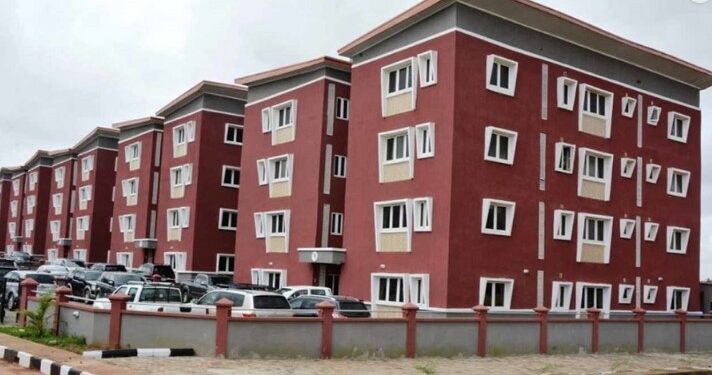Nigeria’s real estate investment trust (REIT) market was valued at $600 million in 2024, according to the Knight Frank Africa Horizons 2025/26 Report.
The figure highlights the country’s position as one of Africa’s keys but still emerging REIT markets, trailing South Africa but ahead of several nations where frameworks are still being developed.
The report shows that Nigeria’s REIT industry remains small compared to South Africa, which dominates the continent with a market capitalisation of about $8.5 billion.
Kenya follows Nigeria with a market capitalisation of $300 million, while other countries such as Ghana, Morocco, and Egypt are still laying regulatory foundations without operational REITs.
“South Africa dominates the African REIT market, with a market capitalisation of approximately $ 8.5 bn.
“Nigeria and Kenya follow, with market capitalisations of US$ 600 million and US$ 300 million, respectively, in spite of regulations being established at the same time.
“Other countries, such as Ghana, Morocco, and Egypt are beginning to explore the market and have legislation in place but are yet to establish any actual REITS,” the report read in part.
Nigeria’s REIT market is led by a few players. UPDC REIT, the country’s first real estate investment trust, focuses on both residential and commercial properties, with total property assets valued at N33.47 billion (US$21.8 million) and a market capitalisation of N16.1 billion (US$10.5 million).
Another major player is the Skye Shelter Fund, which targets affordable housing. It manages assets valued at N3.47 billion (US$2.3 million) and holds a market capitalisation of N.12 billion (US$2.7 million).
More insights
In the wider African context, the REIT market remains underdeveloped relative to global standards. The Knight Frank report estimates the global REIT industry at about $4 trillion, with the United States alone accounting for nearly 80% ($3.2 trillion).
- In contrast, the entire African continent records just over $20 billion in market capitalisation, the bulk of which is concentrated in South Africa. Nigeria and Kenya make smaller but notable contributions to the total.
- Although still modest in scale, Nigeria’s REIT sector is viewed as having strong growth potential, driven by rapid urbanisation, a youthful population, and rising demand for both affordable housing and commercial real estate. Yet, regulatory bottlenecks, low investor awareness, and currency volatility continue to limit expansion when compared to more established markets.
The report further notes that niche REITs—such as Kenya’s student accommodation trusts—and the rising demand for sustainable, ESG-compliant properties are shaping the trajectory of African real estate investment. Nigeria’s opportunity lies in harnessing these trends while addressing structural challenges to deepen its market.
















